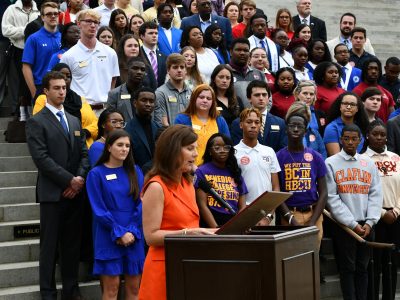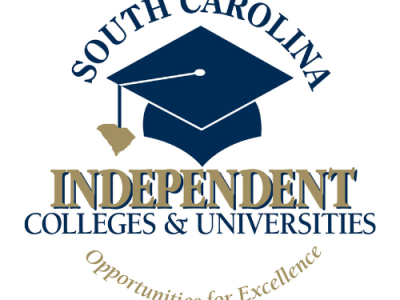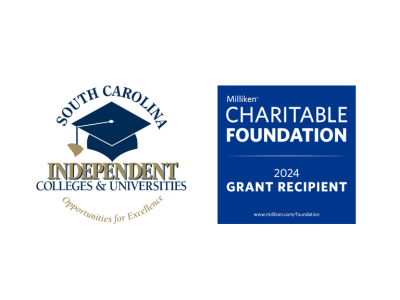Wofford College and Converse University forge partnership to expand teacher workforce in Spartanburg County
SPARTANBURG, S.C. (courtesy wofford.edu) — Wofford College and Converse University are blazing a new educational pathway for Wofford students to earn a Master of Arts in Teaching degree. Wofford and Converse, in collaboration with OneSpartanburg Inc. and Spartanburg School Districts 3 and 7, have finalized an agreement that lays the foundation for a 4+1 cooperative …








